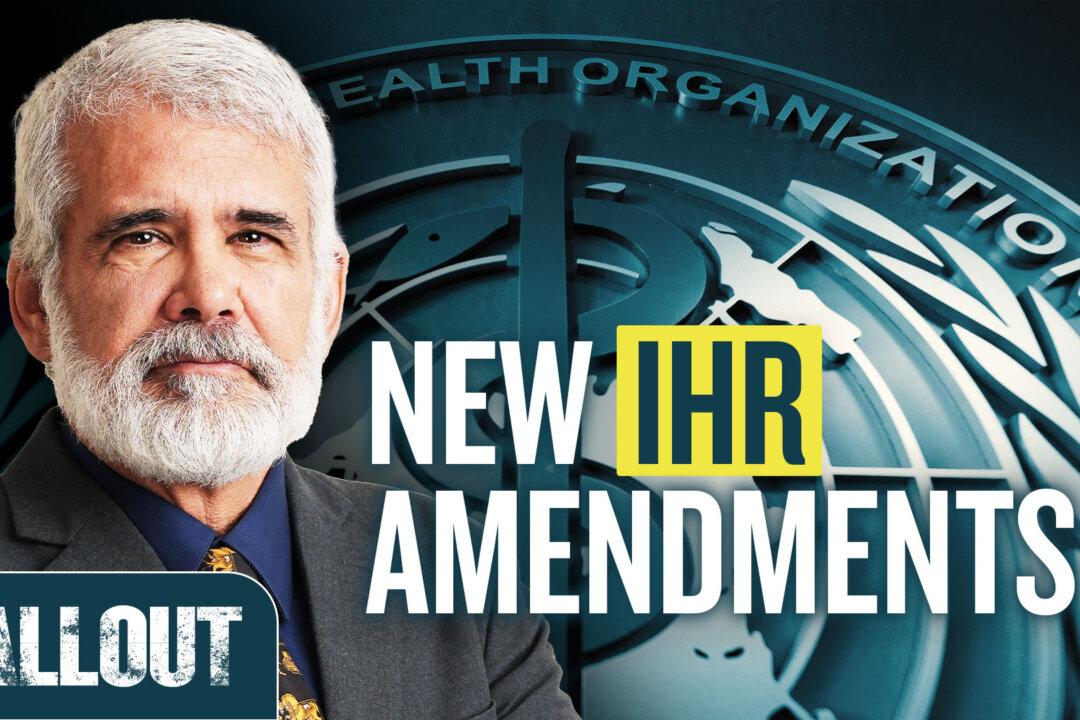Commentary
Those seeking to hold the Food and Drug Administration, Centers for Disease Control and Prevention, National Institutes of Health, National Institute of Allergy and Infectious Diseases, Department of Defense, and Department of Homeland Security accountable for injury caused by their gross mismanagement of the COVID-19 crisis often attempt to turn to the federal courts for legal redress.





